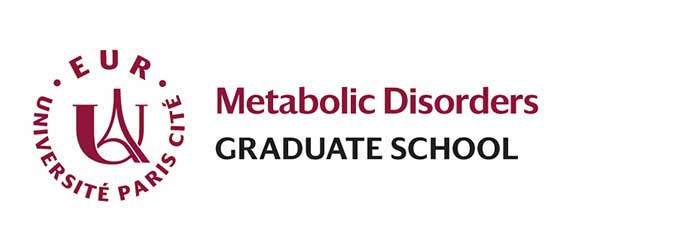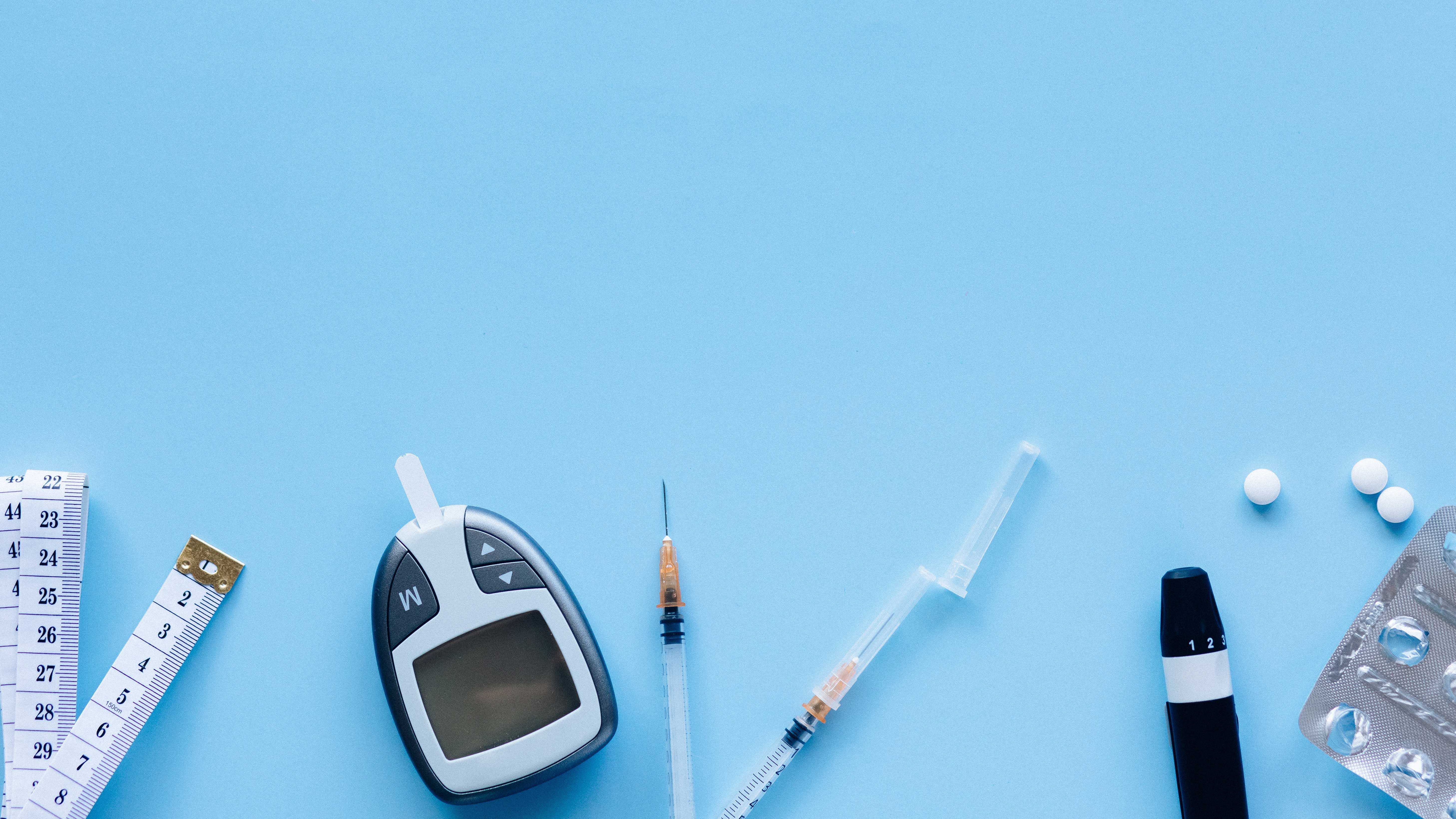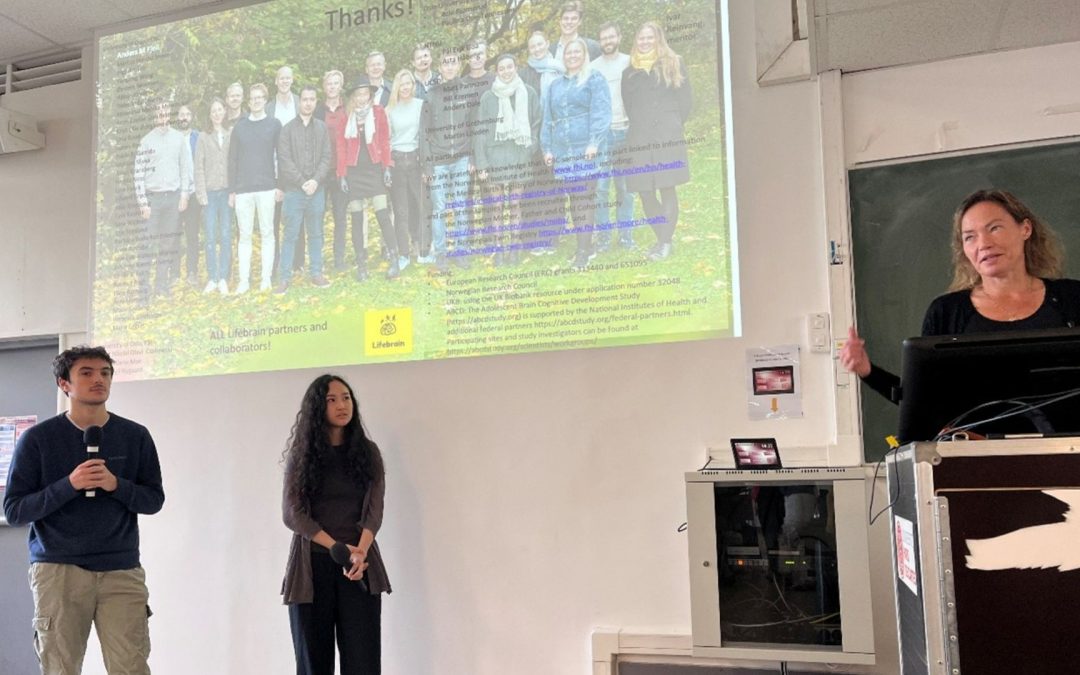Metabolic Disorders
Given the increasing prevalence of metabolic diseases, obesity and diabetes worldwide, there is an urgent need to fight against this major societal burden.
The Graduate School of Metabolic Disorders is an innovative teaching programme providing a broad view of these metabolism-related pathologies.
It combines teaching on: biological aspects of metabolism from the molecular mechanism to integrated physiopathology as well as stimulating reflection on the recent societal changes largely contributing to this new metabolic pandemic.


Presentation
Metabolic dysfunctions and obesity disrupt homeostasis leading to chronic inflammatory responses. Amongst the obesity devastating complications, there is the increased incidence of type-2 diabetes, which accounts for over 90 % of the diagnosed cases of diabetes and affects some 200 million people around the world. The incidence of autoimmune type 1 diabetes is also increasing worldwide and the role of the environment altering the microbiota as well as pollutants have been involved.
Diabetes is a chronic disease requiring long-term therapy to avoid complications leading to cardiovascular and renal co-morbidities. A better understanding of these pathologies is a prerequisite for the prevention as well as the development of new effective therapies to acting at different stages of metabolic diseases and their complications.
The Graduate School of Metabolic Disorders is based on: the existence of a centre of excellence in metabolism already recognised at the national and international level and develops teaching resources in symbiosis with the Laboratories of Excellence (Labex) and the University Hospital Research (RHU).
The Graduate School of Metabolic Disorders develops an ambitious and exceptional teaching program that combines:
- Basic science on metabolism (cellular, tissue and systemic energy control) in different organisms ranging from bacteria to humans.
- Pathophysiology of metabolic diseases in animal models and patients with components on: metabolic, endocrinological, immunological, neurological, genetic and epigenetic aspects, alteration of microbiota and impact of environmental factors (pollutants, stress,etc.).
- Big data analysis and artificial intelligence, for example to analyse data from the Nutrinet cohort, the Inserm RHU QUID NASH program and Microbiota in interaction with the University Chair in AI and companies such as: Dassault system, Mydiabby health care and Swiss Institute of Bioinformatics with which researchers from Université Paris Cité interact. All of these programs help generate new algorithms and promote training in telemedicine and telehealth services.
- Innovative therapies (e.g. CAR Treg cells, antibodies, modified peptides, probiotics, small molecules, etc.) including interactions with biotech and bid pharma companies such as: Diabeloop, Diacurrate, Imcyse, Astrazeneca, Novo Nordisk, etc.
- Societal aspects with the impact of lifestyle changes (nutrition, physical activity, education, etc.) including meetings with patient associations such as the Juvenile Diabetes Association (AJD) and the National Collective of Obese Associations (CNAO).
- International courses (linked to the Franco-German School of Diabetology, the European Magisterium of Genetics (MED) and the Master Inflammation and Inflammatory Diseases (IMI) which recruits foreign students in Master and PhD programs all partly paid by Labex Inflamex.
Contact
Faculty of Health
Agnès LEHUEN
agnes.lehuen@inserm.fr
Sandra GUILMEAU
sandra.guilmeau@inserm.fr
Jamileh MOVASSAT
movassat@paris7.jussieu.fr
Faculty of Sciences
Christophe MAGNAN
christophe.magnan@u-paris.fr
Masters
Université Paris Cité offers many courses that are relevant to the students of the Graduate School of Metabolic Disorders. Many professors and researchers from Université Paris Cité teach skills and experiences as they are already involved in several master programmes. Courses are taught in French and English.
- Adapted physical activity and health:
- Biology-Health:
- BIP – Integrative biology and physiology:
- G.E.N.E Graduate School
- Molecular and cellular biology
The Sorbonne University and INRAE also offer courses and/or resources that may be available to Graduate School students:
- BIP – Integrative biology and physiology:
- Endocrinology” in Master physiology, metabolism and human physiopathologies
Research
The laboratories associated with the Graduate School of Metabolic Disorders include teams working on molecular and cellular aspects as well as integrative biology. Thus, the models studied range from cells to preclinical models (rats, rodents) through modelling and in silico approaches.
The bioinformatics resources of Université Paris Cité also allow access to numerous databases. Finally, clinical teams are also associated with the Graduate School, thus favouring cross-sectional studies from bench to bed.
Up to now, the majority of the research teams of the Graduate School of Metabolic Disorders are attached to the Institut du Diabète created by the Faculty of Health of Université Paris Cité, and the LabEx Inflamex.
Laboratories
- BFA – Unit of Functional and Adaptive Biology (UMR CNRS 8251)
- Comete – Chemistry, Analytical and Cellular Toxicology (UMR 8015)
- CRC – Cordeliers Research Centre (UMRS 1138)
- CRESS – Centre of Research in Epidemiology and StatisticS (UMRS 1153)
- CRI – Centre for Research on Inflammation (UMRS 1149)
- IHU – Imagine-Institute for Genetic Diseases (UMRS 1163)
- IJM – Institut Jacques Monod (UMR 7592)
- INEM – Institut Necker-Enfants Malades – Centre of Molecular Medicine (UMR 8253/1151)
- Institut Cochin (UMR 8104/1016)
- LVTS – Laboratory for Vascular Translational Science (UMRS 1148)
- PARCC – Paris Cardiovascular Research Centre (UMRS 970)
Executives
- Agnès LEHUEN
Director of Research at the French National Centre for Scientific Research (CNRS) - Christophe MAGNAN
Professor at Université Paris Cité - Jamileh MOVASSAT
Professor at Université Paris Cité
À lire aussi

INC Day 2025: an international scientific day dedicated to neuroscience
The Neuroscience and Cognition Institute of Université Paris Cité (INC) organized a new edition of the INC Day, focused on neurodevelopmental trajectories. A key partner of the event, the Graduate School Neuroscience invited its first year and second year master...

INC Day 2025 : une journée scientifique internationale dédiée aux neurosciences
L’Institut Neuroscience et Cognition d’UPCité (INC) a organisé une nouvelle édition du INC Day, centrée sur les trajectoires neurodéveloppementales. Partenaire clé de l’événement, la Graduate School* Neuroscience a convié ses étudiantes et étudiants en M1 et M2...

L’Université Paris Cité, engagée pour l’égalité des chances
À l’occasion de la Semaine nationale des Cordées de la réussite 2026, l’Université Paris Cité réaffirme son engagement en faveur de la démocratisation de l’accès à l’enseignement supérieur à travers des actions concrètes, innovantes et ancrées dans les...

Appel à contribution au Festival Double•Science 2026
L’Université Paris Cité participe au festival de vulgarisation scientifique « Double•Science » qui se tiendra au Ground Control les 12 et 13 juin 2026. Nous sommes à la recherche de personnes souhaitant partager, de façon accessible et ludique, leurs connaissances et...
